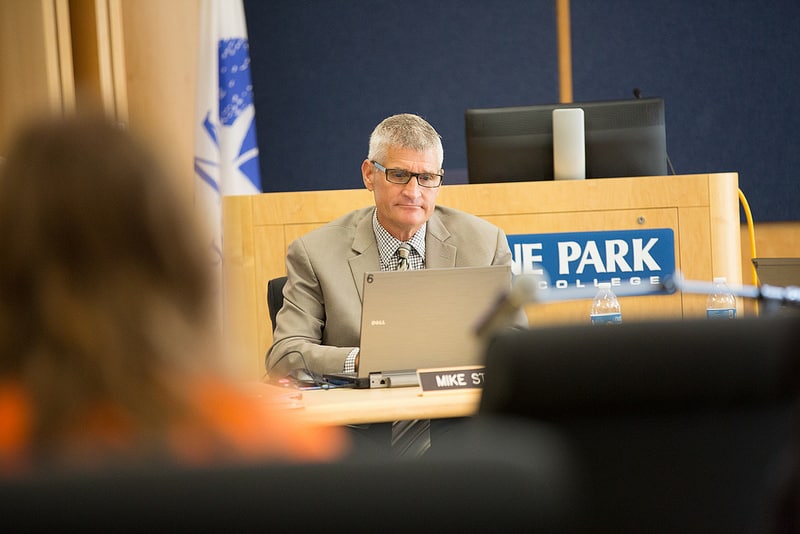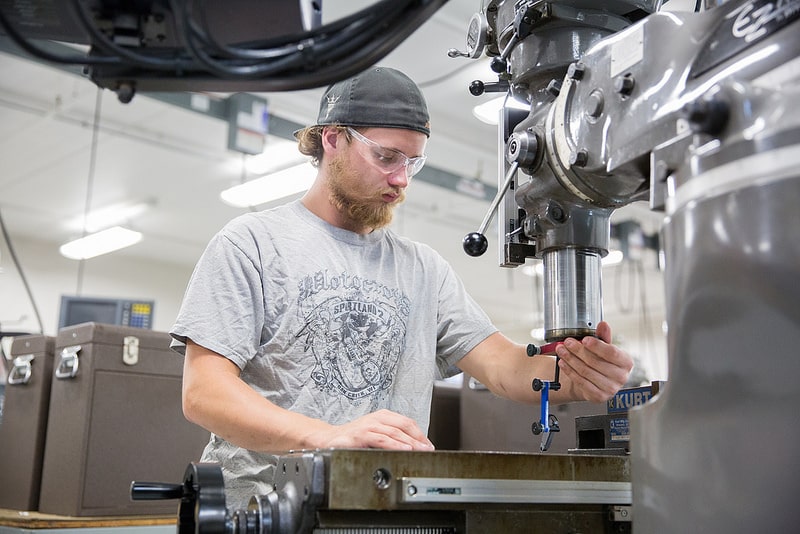Educational Return on Investment
It is well known that Technical College enrollments are directly correlated to the economy. Strong economy means more people are working and less likely to attend school. During recessionary times it is difficult to find a parking space at any Technical College.
I learned recently that our fall enrollments for our very popular CNC/Tool and Die Technologies Diploma program were low. In fact we have only eight completed applications for a program that can handle 36.
This is shocking to me because many of our feeder High Schools have manufacturing programs that are flourishing.

Mike has always been an advocate for students staying in school and completing the 2 year technical diploma. Willer Tool is an employer who is flexible with their workers, scheduling work time around classes and minimizing required work time during semesters. Mike believes this flexibility ultimately pays off in the form of loyalty. Willer has great retention and Mike believes many of these employees stay because of the flexibility and support that Willer showed them when they were students.
Mike also believes that in the long run an employer who encourages their employees to stay in school benefits in that they get a well-rounded employee. Graduates have better math skills and can read blueprints. The graduates communicate better both verbally and in their writing.

On the student/worker side, a graduate can expect to be paid a $5 an hour premium when starting at a company with the two year degree. More importantly they will climb to over $20 an hour within a few years and are also on track to be trained as programmers or designers in the future. A student can make over $65,000 after five or more years in the industry.
If we look at the return on investment of a $10,000 education and a $5 per hour premium, a two-year education will be paid off in 50 weeks, assuming there’s no overtime. I believe that the two-year CNC/Tool and Die Technologies Diploma is a win for all parties involved.
If you’re interested in starting your journey in our CNC/Tool and Die programs, check out this link.




